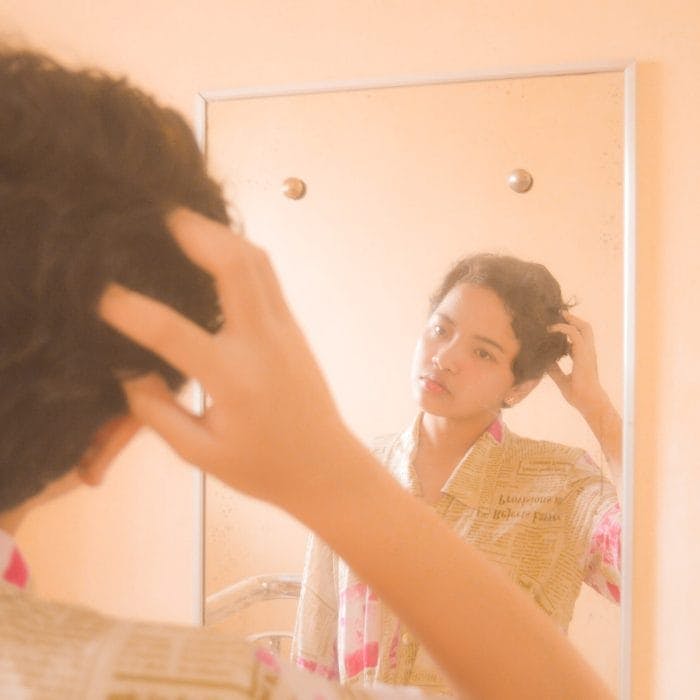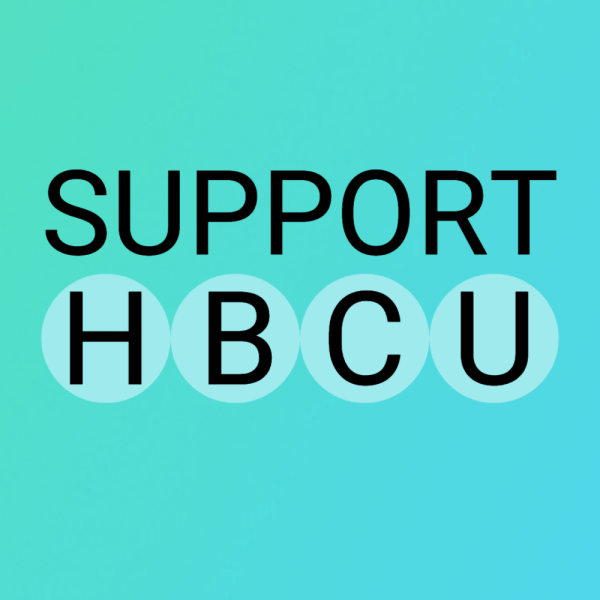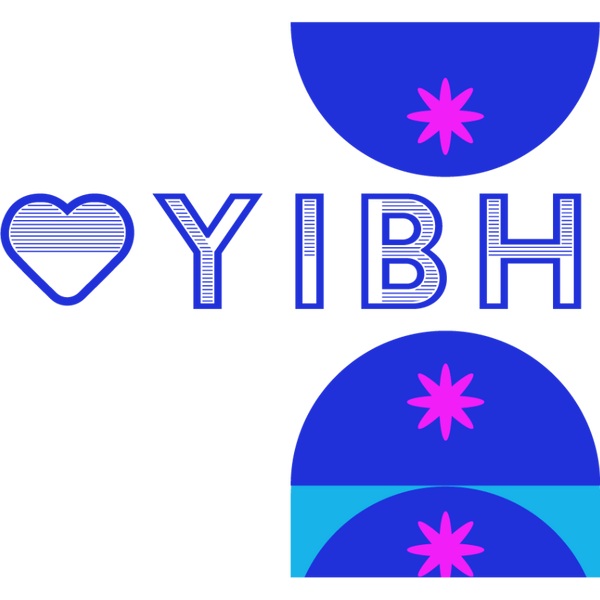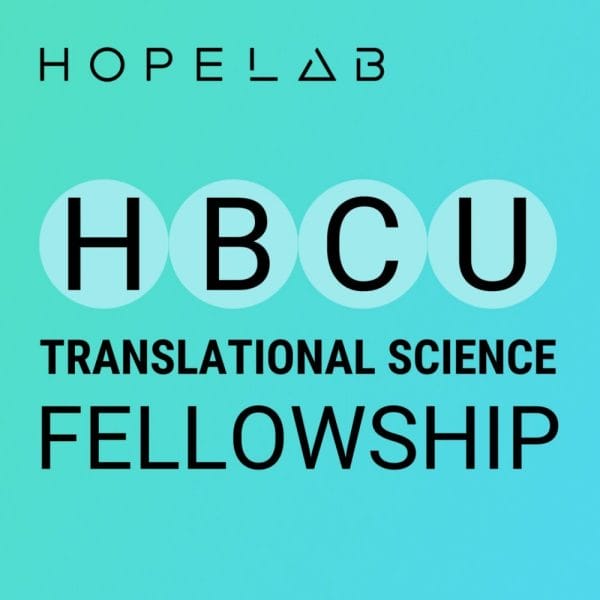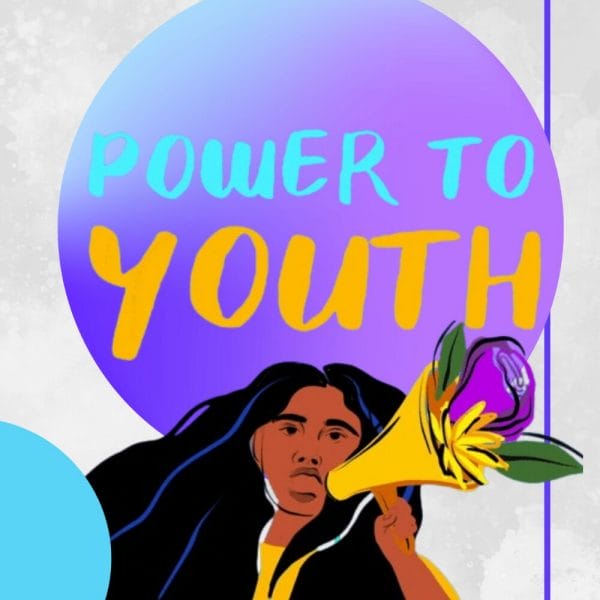September marks an important national awareness month, certainly one on our radar – National Suicide Prevention Month. While our work is a bit more upstream from suicide prevention, our partners at Grit Digital Health, The Jed Foundation and Well Being Trust are deeply involved with projects like Man Therapy, Seize the Awkward and other campaigns that help the most at-risk populations for suicide. The facts are astounding, especially among young people. Suicide is the second leading cause of death among people aged 15-24, and there are more than 1,000 deaths by suicide on college campuses per year. Groups that are particularly at risk for attempts and suicidal ideation are white males under 21 years and LGBTQ youth (source JED Foundation).
There is help. There are resources for those who are struggling with feelings of loneliness, despair, isolation, anger, or hopelessness as well as for those who aren’t struggling but want to help. One such resource is the Seize the Awkward campaign which empowers friends and loved ones to notice the signs, trust your gut, and start a conversation with someone if you think something may be wrong. We worked with The Jed Foundation to help develop some design guidelines to develop this campaign that aim to help break down uncomfortable conversations and make them feel more accessible. Sure, it might feel really awkward to start the conversation, but opening up the lines of communication can be so amazingly helpful for people struggling with suicidal tendencies.
There are a number of signs to watch out for, so if you see something out of the ordinary with your friend, ask them what’s going on. Some things to look out for include, friends not hanging out as much, their mind seems to be somewhere else, you notice they’ve gotten negative about life, they are feeling so anxious that they can’t relax, they get angry for seemingly no reason, they’re taking risks, they’re taking more drugs or drinking more, or they’ve started harming themselves. If you notice any of these things, check in with them. It could be as simple as just asking them if they’re all right. Check out these simple conversation starters for inspiration.
And of course, unless you have a medical degree, you’re not a medical expert. So just focus on being a friend! Sometimes the thing your friend needs the most is just a listening ear. You don’t have to be a psychologist in order to help a friend, if anything it’s the opposite of a therapy session because you can let your friend know that how their feeling is valid. While your friend may not accept your help or offer to unload their worries right away, reaching out allows them the opportunity to share if they need help, have been struggling, or having thoughts of suicide.
Now, some important stuff. If you or your friend needs urgent help, call 911 right away. And you can always get immediate support 24/7 by calling 1-800-273-8255 or text SEIZE to 741741. It’s free. It’s confidential, unless it’s essential to contact emergency services to keep you and your friend safe.
All of these tips and many others can be found at SeizeTheAwkward.org Check it out and help spread the word about this valuable resource.

